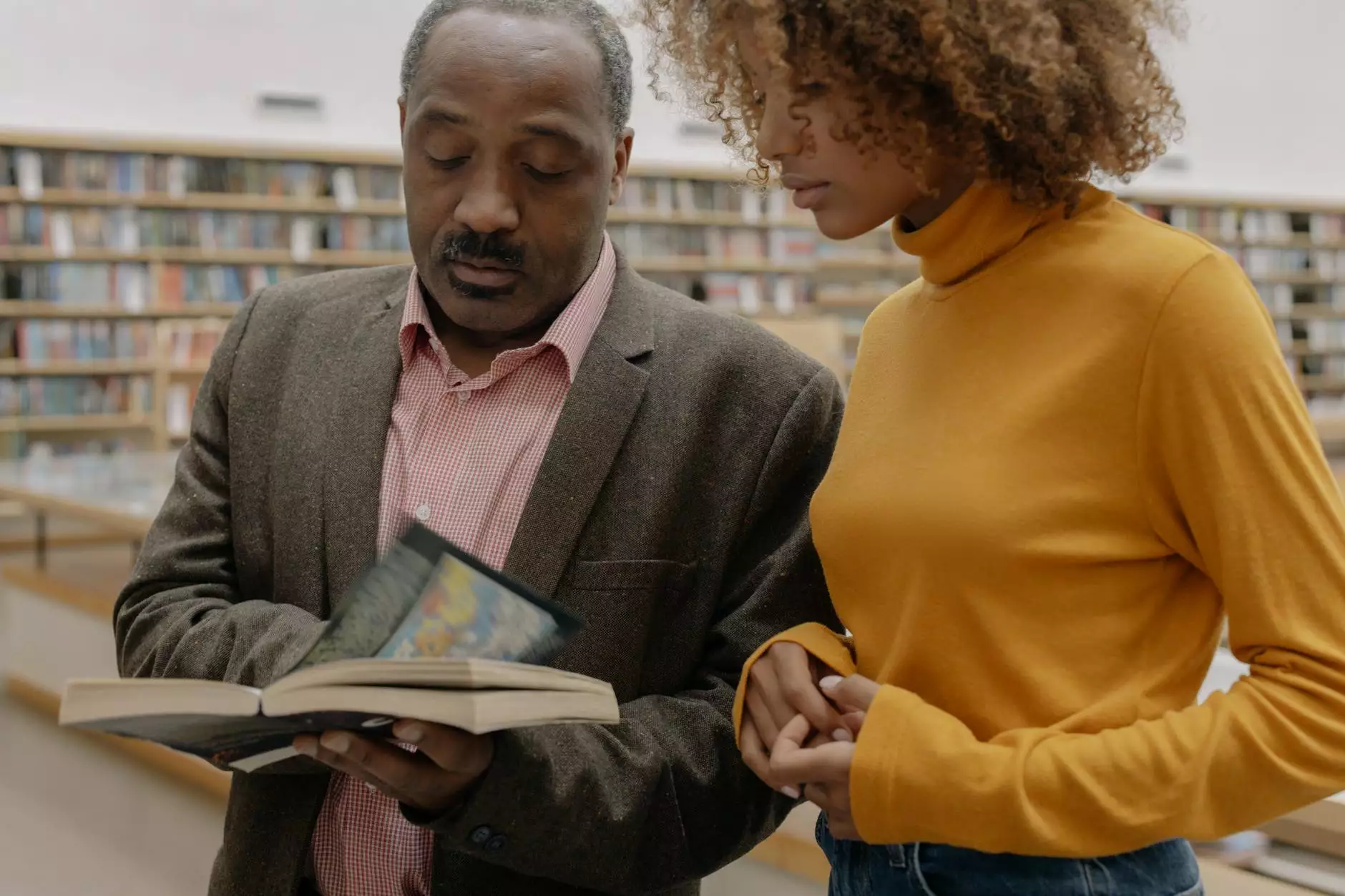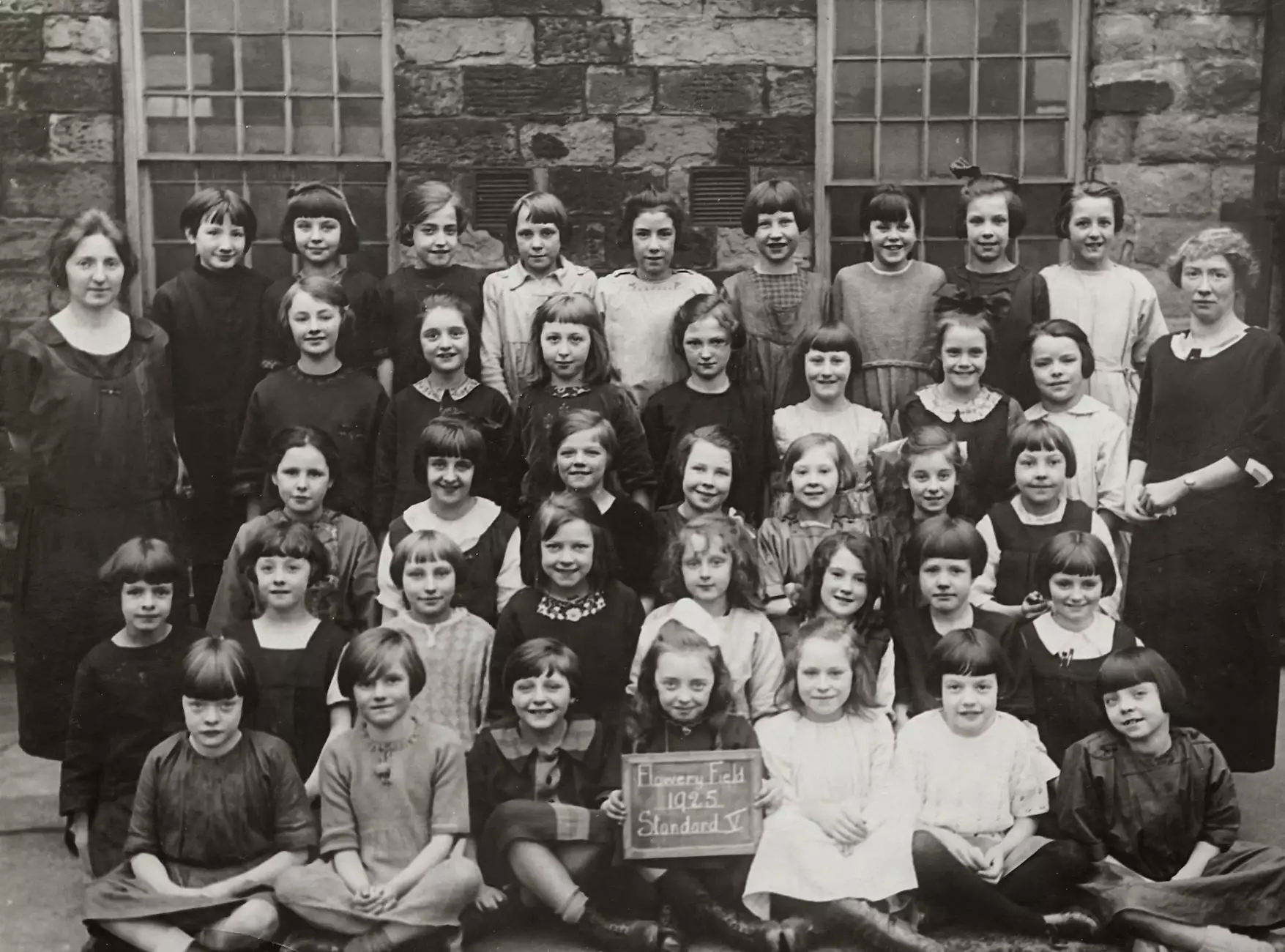The Role of the Griot in West Africa among the Mandinka

Introduction
The Knowledge Nest welcomes you to explore the profound role of the griot in West Africa, particularly among the Mandinka people. In traditional Mandinka society, the griots hold a significant position as storytellers, historians, musicians, and keepers of oral traditions. Their role extends beyond mere entertainment to preserving the cultural identity and historical heritage of the Mandinka community.
Historical Significance
The griots play a crucial role in documenting and transmitting the history of the Mandinka civilization. They possess an encyclopedic knowledge of their community's past, passing down narratives of kings, warriors, and societal advancements through generations. Through their storytelling abilities, griots ensure that the Mandinka people retain a strong sense of collective identity and historical pride.
Oral Tradition and Storytelling
At the heart of the griot's role lies their exceptional storytelling abilities. Using a captivating blend of music, poetry, and spoken word, they weave intricate narratives that captivate audiences of all ages. Griots are natural-born performers, drawing upon their deep understanding of Mandinka history and culture to paint vivid pictures in the minds of their listeners.
Preservation of Cultural Heritage
Griots are cultural custodians who ensure the preservation of Mandinka traditions and customs. Through their performances and oral recitations, the griots keep alive the rich folklore, myths, and legends of the Mandinka people. They are entrusted with safeguarding the knowledge of their society, passing it down to future generations and ensuring the continuity of Mandinka cultural heritage.
Entertainment and Ritual Events
Beyond their historical and cultural roles, griots also serve as entertainers during important events and rituals. They are often seen performing at weddings, festivals, and religious ceremonies, adding a vibrant and rhythmic element to the celebrations. Griots bring joy, excitement, and a sense of community to these occasions through their music, dance, and poetic performances.
The Griot's Musical Talents
Music forms an integral part of the griot's repertoire. They are masters of various traditional instruments, such as the kora, balafon, and ngoni. Griots use these instruments skillfully to accompany their poetic recitations, creating a harmonious blend of melody and storytelling. Their musical talents contribute to the immersive experience of Mandinka culture and ensure that their traditions remain deeply rooted in the hearts of the community.
Transmission of Values and Morality
Griots not only transmit historical facts but also impart values, ethics, and moral guidance through their stories. These narratives carry messages of wisdom, bravery, leadership, and social responsibility, shaping the character and behavior of individuals within the Mandinka society. Griots are respected mentors and advisors, offering guidance to both young and old.
Conclusion
In conclusion, the role of the griot in West Africa, particularly among the Mandinka people, is of immense cultural, historical, and social significance. From preserving the community's past to entertaining and educating the present generation, griots are indispensable pillars of Mandinka society. The Knowledge Nest invites you to delve deeper into the world of the griot and gain a comprehensive understanding of their impact on West African culture, identity, and storytelling traditions.










